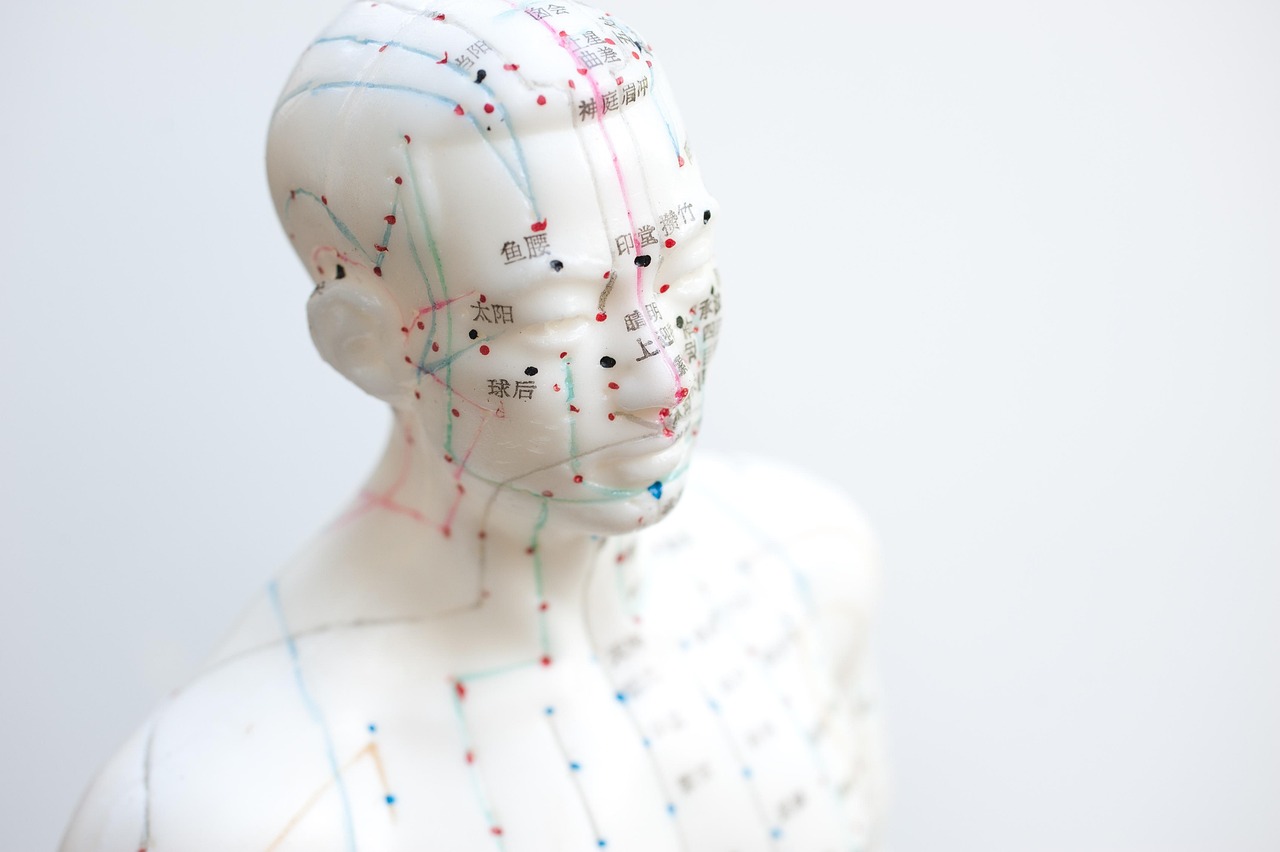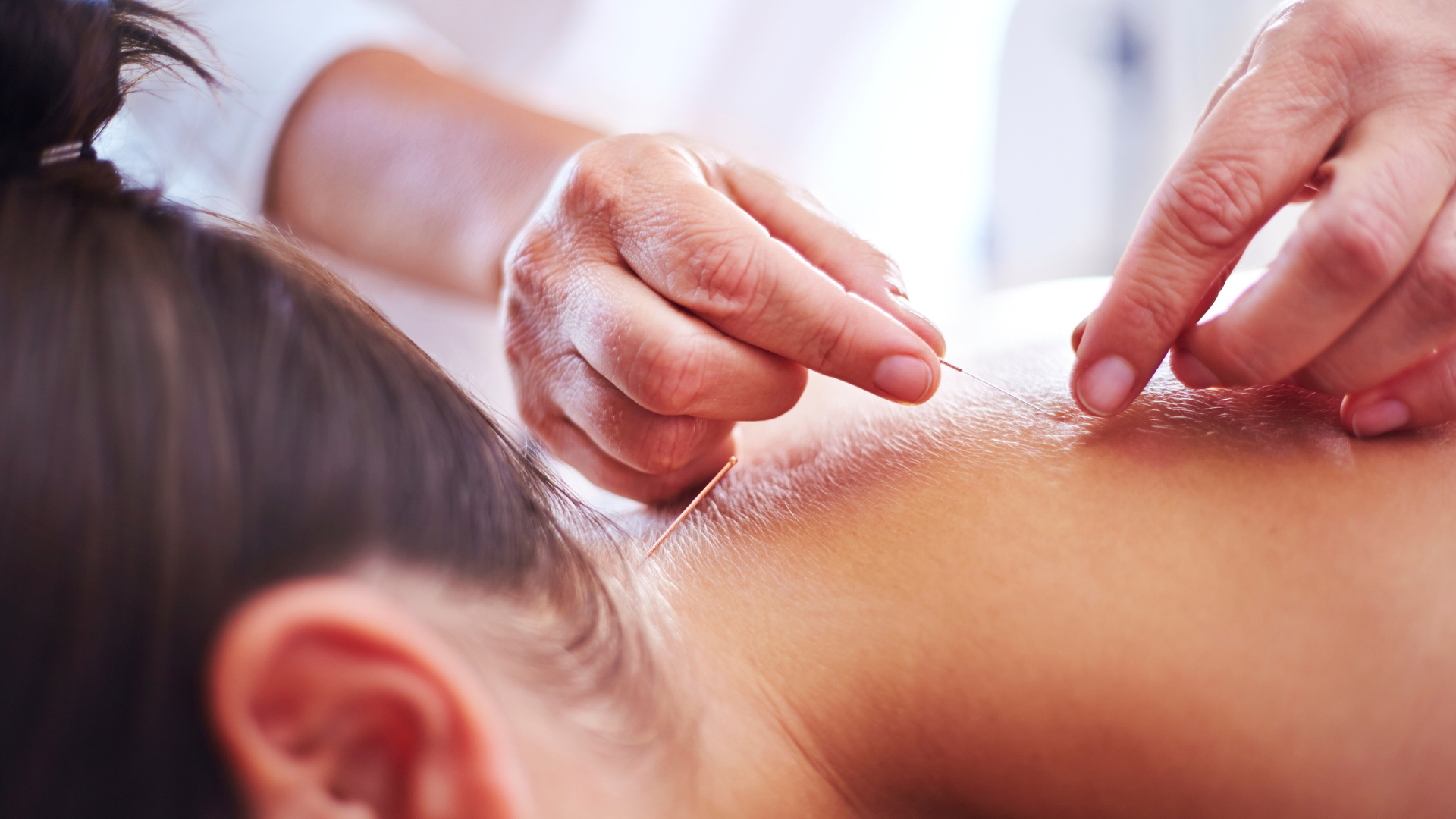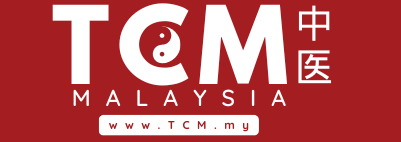Have you ever wondered how tiny needles could hold the power to heal? Acupuncture, a 2,500-year-old practice rooted in Traditional Chinese Medicine (TCM), is now a globally recognized therapy for pain relief, stress reduction, and overall wellness. Whether you’re curious about its history, how it works, or whether it’s right for you, this guide will walk you through everything you need to know about acupuncture.
What is Acupuncture?
Acupuncture is a holistic healing technique that involves inserting thin, sterile needles into specific points on the body. According to TCM, these points lie along pathways called meridians (经络), which carry vital energy, or Qi (气) (pronounced “chee”). When Qi is blocked or imbalanced, it can lead to physical or emotional discomfort. Acupuncture aims to restore the flow of Qi, promoting healing and balance.
In modern terms, acupuncture is believed to stimulate nerves, muscles, and connective tissue, boosting blood flow and triggering the body’s natural painkillers (like endorphins). It’s a blend of ancient wisdom and modern science, making it a unique and effective therapy.
Read More: https://www.mayoclinic.org/tests-procedures/acupuncture/about/pac-20392763

A Brief History of Acupuncture
Acupuncture’s origins trace back to ancient China, where it was first documented in the Huangdi Neijing (The Emperor’s Classic of Internal Medicine) over 2,500 years ago. For centuries, it was a cornerstone of Chinese healthcare, used to treat everything from pain to digestive issues.
In the 20th century, acupuncture gained global recognition, particularly after President Nixon’s visit to China in the 1970s. Today, it’s practiced worldwide and integrated into many modern healthcare systems, including hospitals and wellness clinics.
How Does Acupuncture Work?
The magic of acupuncture lies in its ability to address both the symptoms and root causes of health issues. Here’s how it works from two perspectives:
Traditional Perspective:
- Acupuncture points correspond to specific organs and systems in the body.
- By stimulating these points, practitioners unblock Qi and restore harmony.
Modern Scientific Perspective:
- Acupuncture may activate the nervous system, releasing endorphins and improving blood flow.
- Studies suggest it can reduce inflammation, modulate brain activity, and promote relaxation.
Benefits of Acupuncture
Acupuncture is a versatile therapy with a wide range of benefits. Here are some of the most well-documented:
- Pain Relief: Effective for chronic pain, migraines, arthritis, and back pain.
- Stress and Anxiety Reduction: Promotes relaxation and balances the nervous system.
- Improved Sleep: Helps with insomnia and sleep disorders.
- Digestive Health: Addresses issues like irritable bowel syndrome (IBS) and nausea.
- Fertility and Women’s Health: Supports menstrual health, pregnancy, and IVF.
- Immune Support: Enhances overall immunity and energy levels.
- Mental Clarity: Improves focus and reduces brain fog.
What to Expect During an Acupuncture Session
If you’re new to acupuncture, you might wonder what happens during a session. Here’s a step-by-step breakdown:
- Consultation: Your practitioner will ask about your health history and concerns.
- Needle Insertion: Thin, sterile needles are inserted into specific points. Most people feel little to no pain—just a slight tingling or warmth.
- Relaxation: You’ll rest for 20-30 minutes while the needles work their magic.
- Aftercare: You may feel deeply relaxed or energized afterward. Your practitioner might suggest lifestyle or dietary changes to enhance the effects.
Who Can Benefit from Acupuncture?
Acupuncture is suitable for almost anyone, including:
- People with chronic pain or stress.
- Those seeking natural alternatives to medication.
- Individuals looking to improve overall wellness.
However, it’s important to consult a licensed practitioner if you have certain conditions, such as bleeding disorders or are pregnant (some acupuncture points are contraindicated during pregnancy).
Debunking Common Myths About Acupuncture
Let’s clear up some misconceptions:
“Acupuncture is just a placebo.”
- Research shows it has real physiological effects, such as reducing inflammation and stimulating nerve activity.
“It’s only for pain relief.”
- Acupuncture addresses a wide range of conditions, from stress to digestive issues.
“It’s unsafe.”
- When performed by a licensed practitioner using sterile needles, acupuncture is very safe.
Acupuncture and Modern Medicine
Acupuncture isn’t just an ancient practice—it’s a modern therapy backed by science. It’s used in hospitals for pain management, cancer care, and post-surgery recovery. The World Health Organization (WHO) recognizes acupuncture for treating over 30 conditions, including allergies, headaches, and depression.

How to Find a Qualified Acupuncturist
Ready to try acupuncture? Here’s how to find a qualified practitioner:
- Look for licensed or certified professionals
- Check reviews and ask for recommendations.
- Ensure they use sterile, single-use needles.
Conclusion
Acupuncture is more than just needles—it’s a powerful, holistic therapy with a rich history and modern scientific support. Whether you’re dealing with chronic pain, stress, or simply want to boost your overall wellness, acupuncture might be the solution you’ve been looking for.
Have you tried acupuncture? Share your experience in the comments below! Or, if you’re ready to take the plunge, book a session with a licensed acupuncturist near you today. Your journey to better health starts here.
